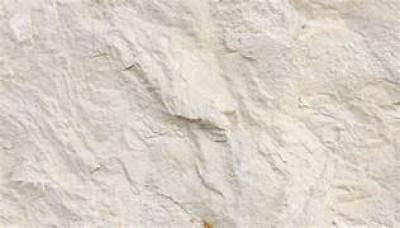
Limestone Powder in Water Treatment is a prior choice as per the fine quality of results offered by it. Calcium carbonate (CaCO3), additionally referred to as lime powder, is frequently used in water purification procedures to modify the pH value, decrease pathogens, and improve the purity of water. A good pH neutralizer and binder is limestone powder. In a bid to lower volatility and boost pH, it is commonly utilized in acidic bodies of water. Establishing the efficacy and quality of water treatment procedures and ensuring the safety of water used for drinking concentrate heavily on sustaining proper pH ideals. Through an operation known as precipitation, limestone powder is useful in the removal of harmful substances from water, including manganese, zinc, and sulfur. Carbonate powder interacts with these harmful substances in water to produce insoluble components, which may be readily removed by analyzing or settling processes.
Limestone powder in India
Through precipitating both magnesium and calcium ions—which form the basis for hardness—out of an approach, limestone powder may be useful by lowering the hardness of water. A technique called "lime softening" increases the usefulness of plumbing fixtures, appliances, and pipes while preventing scale formation. It also improves the quality of the water. Investigations indicate the efficacy of lime powder in eliminating arsenic from water through means of adsorption as well as precipitation processes. To satisfy legal requirements and guarantee the security of the water supply, it can help lower the amount of arsenic in drinking water. It is also possible to remove too much floro from drinking water sources by grinding limestone. In order to stop tooth decay, fluoridation is frequently put in drinking water, but too much of it can be terrible for you. Mortar or block construction is capable of being directly plastered with our boral gypsum powder minus any requirement to undergo additional processing. The plastering employing gypsum is straightforward to apply as well as level. Contrasting with cement reactions without water, gypsum reactivity provides a smaller amount of heat.
Limestone powder Manufacturers
In order to maintain the pH balance and serve as a buffer against swings in acidity, limestone powder can make water seem more alkaline. Alkalinity helps ensure the preservation of water quality by preventing abrupt pH shifts that might endanger fish and other aquatic creatures and processing procedures. By fostering both coagulation and flocculation, limestone powder will remove turbidity, silt, and suspended particulates from water. It facilitates the assembly of particulates, which makes filtering or settled procedures easier to get rid of. Because powder lowers hardness, dissolves pollutants, and adjusts the pH value, grinding limestone is necessary for the treatment of waters. It is a crucial resource for providing communities all over Europe with safe and clean drinking water because of its efficacy, low prices, and plentiful availability. Along with this kind of mineral powder, we are also a profound supplier of a vast series of grits, such as aluminum oxide grit for blasting as well as for surface treatment.
Limestone powder Applications
Among construction components, including asphalt, concrete, cement mortar, and grouting, limestone powder is used as a filling. It lowers charges while simultaneously enhancing the workability, resilience, and durability of some substances. Moreover, building foundations, pavement, and roadways can also be constructed with powdered limestone as an underpinning material. While making materials for buildings like bricks, blocks, tiles, and plaster of Paris, limestone powder is used as an antioxidant supplement. It strengthens the hardness, durability against fire, and thermal insulation of these supplies, among other properties. For enhanced paint, coating, and adhesive coverage, opacity, and endurance, limestone powder is employed as an extender and filler material. It optimizes performance and lowers expenditures while giving the equations a greater body and heft. As a coating pigment and filler, plastering, mortaring, and minimizing may each be executed using pure lime, an amazing white product. Over the years, pure lime will start to dissolve because it degrades in water, which contains the acid carbonic acid, a naturally produced weak acid formed from a solution of oxygen and carbon dioxide in water and acid rain. However, this property also leads to an autogenous or self-care procedure whereby the dissolving lime can seep beneath the material's fractures and replenish the openings by themselves.

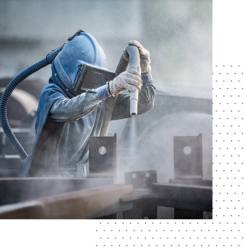
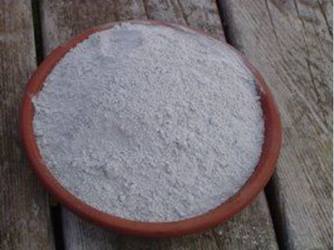
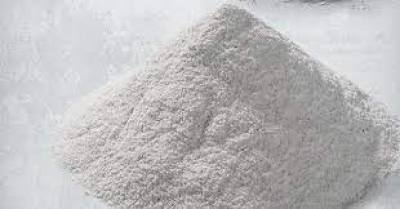
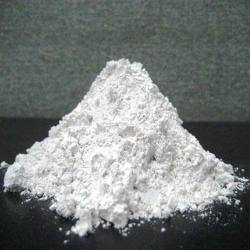
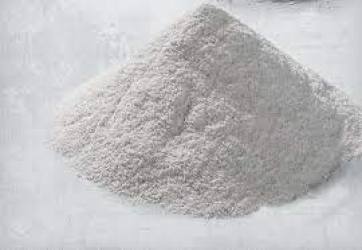
Quick Inquiry